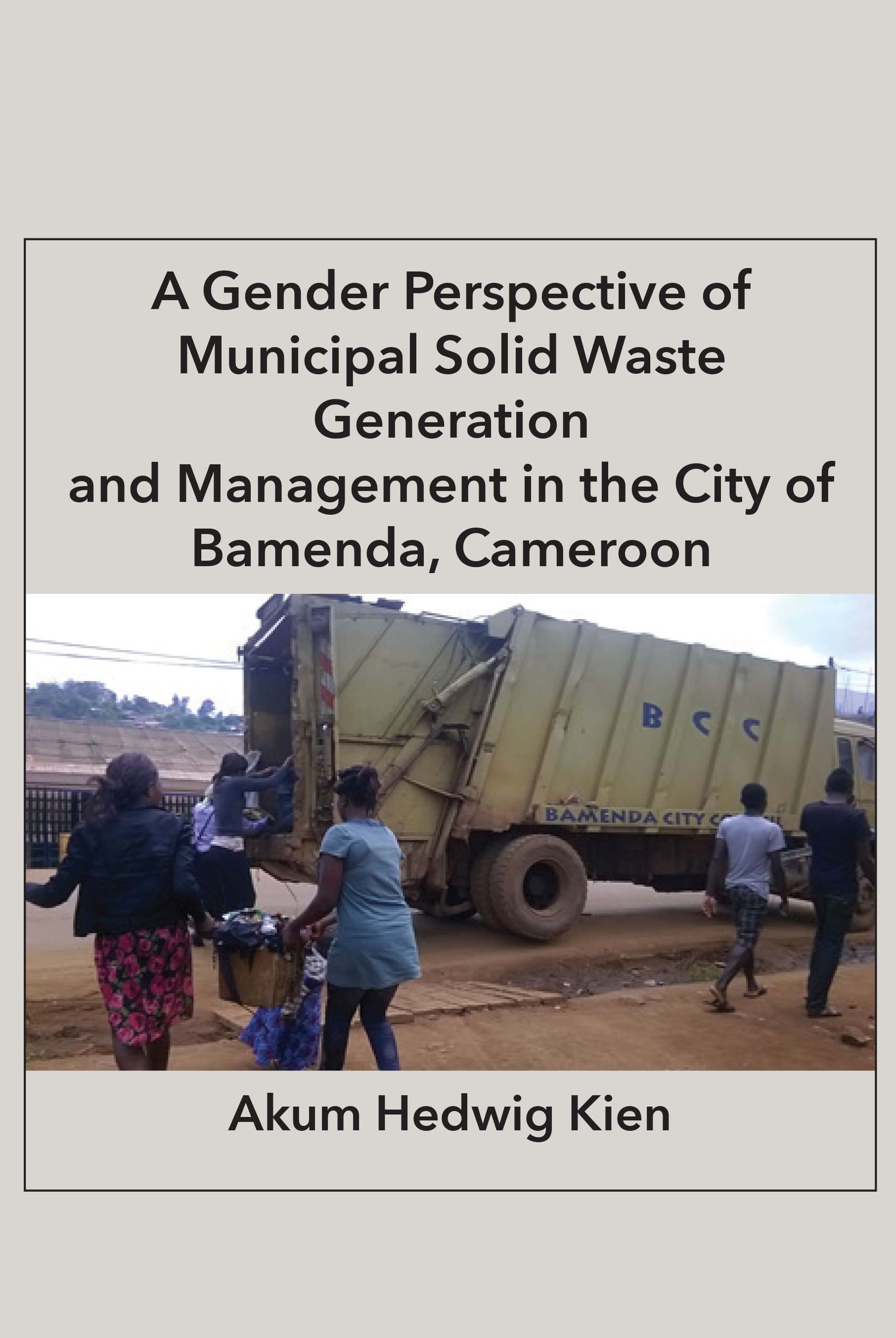The management of urban waste constitutes one of the major environmental challenges facing African cities in general and Cameroon in particular. Unprecedented population growth and changes in consumption patterns and lifestyles have led to increased waste generation. Municipal solid waste management efforts lag behind the rate of waste generation with attendant environmental and public health risks. The activities, the gender dynamics and politics at the pools of waste generation, particularly the households and markets largely influence the outcome of waste management strategies and policies. This book brings out the gender dimension of municipal solid waste generation and management in the City of Bamenda. It is hoped that the findings revealed and proposals made from the study will be employed by municipal authorities in Cameroon and beyond to enhance waste management efforts.












